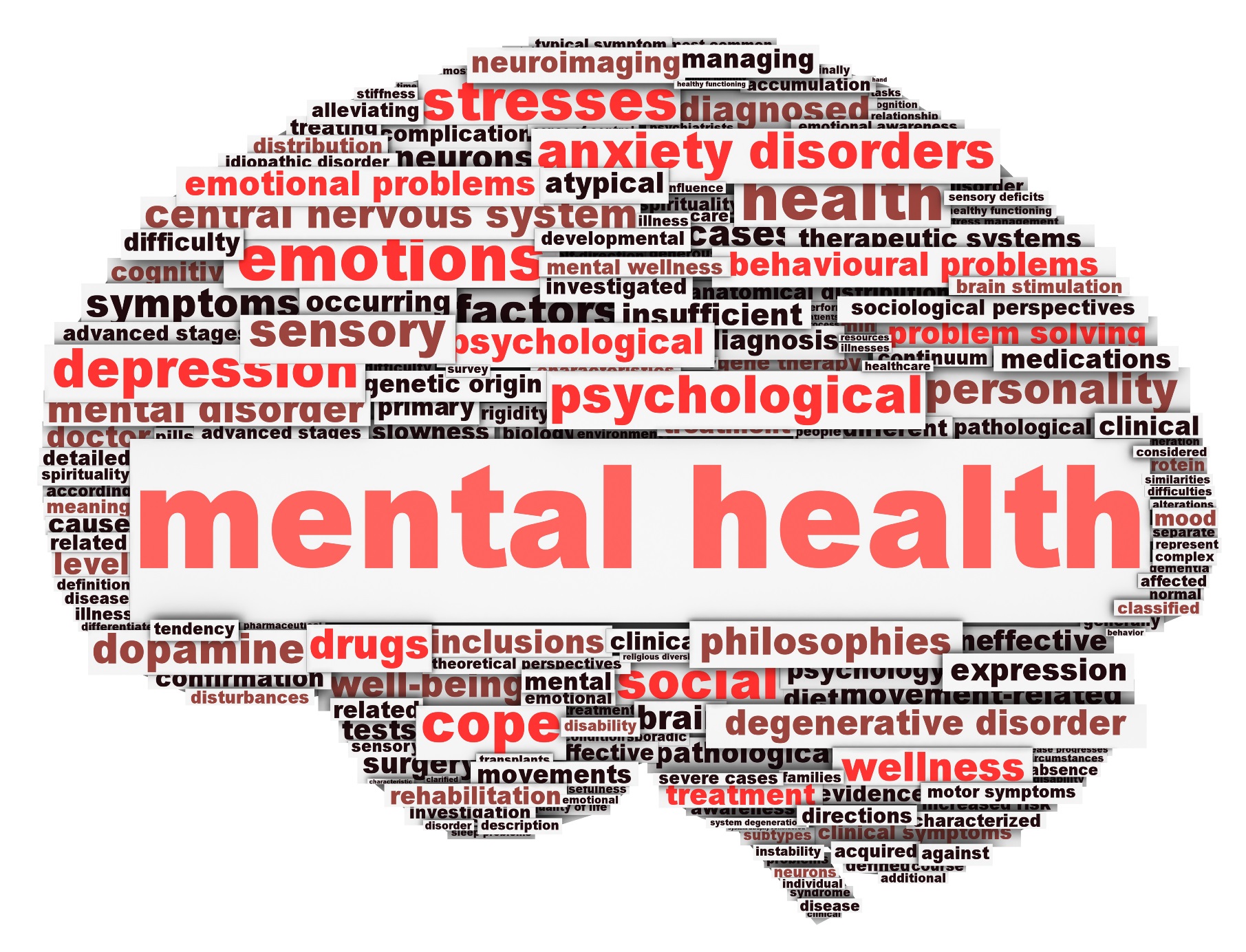Explore Diverse Mental Health Services for Better Living
Explore Diverse Mental Health Services for Better Living
Blog Article
Exploring the Link In Between Nourishment and Mental Health And Wellness Enhancement
The ramifications of our nutritional options on mental well-being have been significantly recognized by health and wellness experts and scientists alike. As we navigate the facility landscape of contemporary way of lives, revealing the nuanced connection between nourishment and psychological health enhancement may hold the secret to opening a deeper understanding of our psychological and cognitive resilience.
Impact of Food on State Of Mind
The partnership between nutritional options and state of mind guideline is a vital element of recognizing the effect of food on mental well-being. Research study has revealed that certain foods can influence natural chemical activity, affecting mood and moods. Foods rich in omega-3 fatty acids, such as fatty fish, walnuts, and flaxseeds, have actually been linked to reduced rates of clinical depression and enhanced mood guideline.
Additionally, intricate carbohydrates found in entire grains, fruits, and veggies can help control blood sugar levels, which subsequently can have a favorable influence on state of mind security. On the other hand, diets high in refined foods, sugar, and hydrogenated fats have been linked with a boosted threat of clinical depression and state of mind problems.
In addition, the gut-brain link plays a considerable role in state of mind law. The gut microbiome, affected by the foods we consume, can connect with the mind with the gut-brain axis, impacting state of mind, stress degrees, and overall psychological health. For that reason, making conscious and nourishing nutritional selections is essential for preserving a healthy and balanced and balanced mood.

Vital Nutrients for Anxiety

Additionally, the amino acid tryptophan, discovered in foods like turkey, eggs, and nuts, is a forerunner to serotonin manufacturing, a natural chemical known for its role in promoting sensations of calmness and health. Vitamin B complex, especially B6 and B12, are additionally essential for keeping a healthy and balanced nerve system and may help in reducing anxiousness symptoms.
Including these vital nutrients right into a healthy diet can have a positive effect on managing stress and anxiety and boosting overall mental health and wellness.
Dietary Approaches for Depression

One dietary strategy for managing depression is focusing on foods abundant in omega-3 fats, such as fatty fish, flaxseeds, and walnuts. Omega-3 fats have been linked to reducing inflammation in the mind and boosting natural chemical feature, which can favorably impact mood. Furthermore, enhancing the usage of fruits, vegetables, whole grains, and lean proteins while decreasing the consumption of refined foods and sugars may assist in reducing depressive signs and symptoms.
Furthermore, preserving adequate degrees of vitamin D, either via sunshine direct exposure or supplementation, is vital for supporting psychological health and wellness. Vitamin D deficiency has been associated with a raised danger of depression, making it crucial to make certain adequate intake of this nutrient. By integrating these dietary strategies, people may successfully complement conventional therapies for anxiety and enhance their overall health.
Gut-Brain Axis and Mental Health And Wellness
Concentrating on the intricate connection in between the intestinal system and mental health and wellness, the Gut-Brain Axis plays a pivotal function in influencing cognitive functions and psychological wellness. The Gut-Brain Axis is a bidirectional interaction network between the main nervous system and the enteric nerves, linking the cognitive and emotional facilities of the brain with peripheral digestive functions. This axis is controlled by a detailed interaction of neural, immune, endocrine, and metabolic paths.
Research study recommends that the composition of intestine microbiota, the diverse community of microbes staying in the stomach tract, can have an extensive influence on mental health and wellness. Inequalities in digestive tract microbiota, called dysbiosis, have been related to problems such as clinical depression, anxiety, and even neurodegenerative illness. Furthermore, the digestive tract microbiota plays a critical role in the production of neurotransmitters like serotonin, which is crucial for regulating mood and emotional responses.
Maintaining a healthy and balanced gut microbiota via a well balanced diet plan abundant in fiber, fermented foods, and probiotics is crucial for supporting psychological health (Mental Health Services). Techniques focused on enhancing the Gut-Brain Axis use appealing opportunities for improving psychological wellness and cognitive function
Nourishment's Duty in Cognitive Function
Provided the considerable impact of the Gut-Brain Axis on psychological wellness, recognizing just how nourishment effects cognitive function ends up being critical in promoting overall well-being. Nutrition plays an essential role in cognitive function by giving this article essential nutrients that sustain mind wellness and optimum performance.
Trick nutrients such as omega-3 fats, minerals, vitamins, and anti-oxidants are understood to enhance cognitive abilities, consisting of memory, emphasis, and analytical skills. Omega-3 fatty acids, discovered in fatty fish like salmon and nuts, have been linked to improved memory and cognitive function. Anti-oxidants, abundant in fruits and veggies, aid secure brain my response cells from damage brought on by complimentary radicals, thus maintaining cognitive function.
In addition, a well balanced diet abundant in entire grains, lean healthy proteins, fruits, and veggies can positively affect cognitive function by stabilizing blood sugar levels and providing continual power to the brain. Alternatively, diets high in processed foods, saturated fats, and sugars have been related to cognitive decrease and impaired brain feature. Making informed nutritional options is essential for keeping ideal cognitive function and total mental well-being.
Verdict
In conclusion, the connection in between nutrition and mental view health and wellness is diverse and intricate. Understanding the connection between nutrition and mental health and wellness renovation is essential for promoting general health and resolving mental health and wellness problems.
The ramifications of our nutritional options on psychological well-being have actually been significantly recognized by health and wellness experts and scientists alike. As we browse the complex landscape of modern-day way of lives, uncovering the nuanced connection in between nutrition and mental health improvement may hold the trick to unlocking a deeper understanding of our cognitive and emotional durability.
Building upon the vital nutrients that support psychological wellness, especially in taking care of anxiousness disorders, the focus now moves in the direction of examining dietary techniques for dealing with depression.Concentrating on the complex connection between the stomach system and mental health and wellness, the Gut-Brain Axis plays an essential duty in influencing cognitive functions and emotional well-being (Mental Health Services). Comprehending the connection between nutrition and psychological health and wellness improvement is essential for advertising total health and resolving psychological health concerns
Report this page